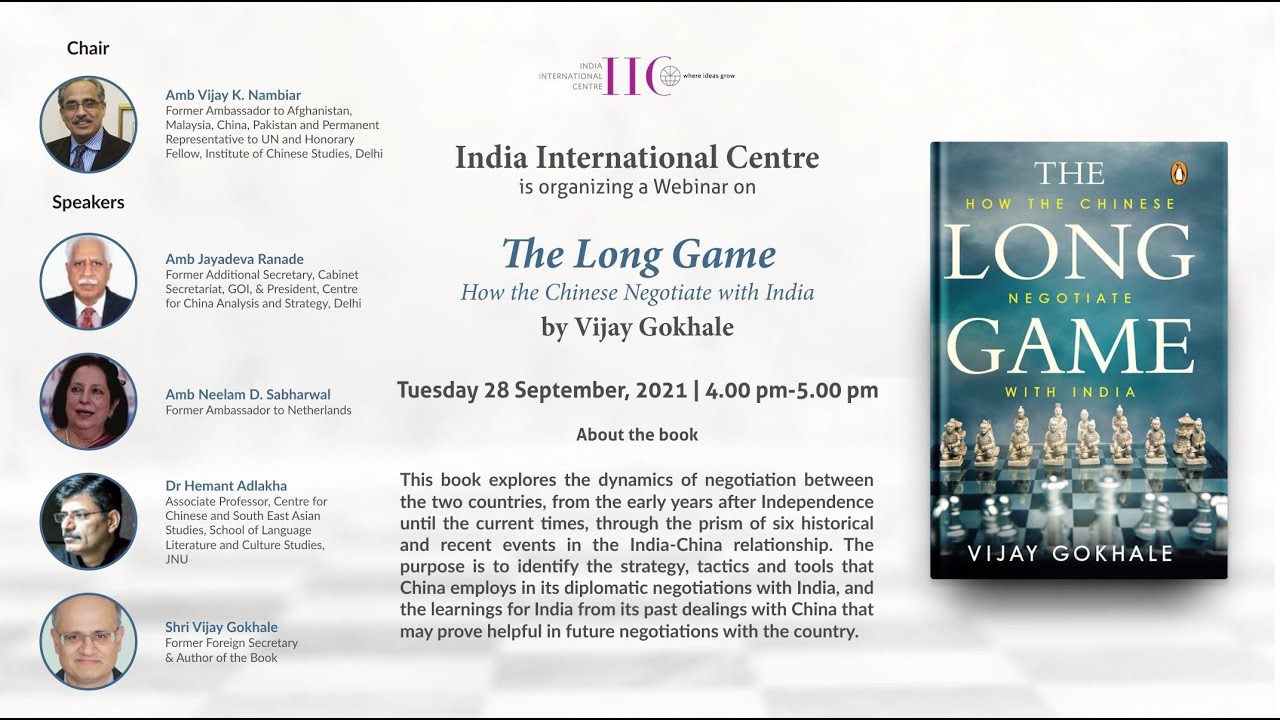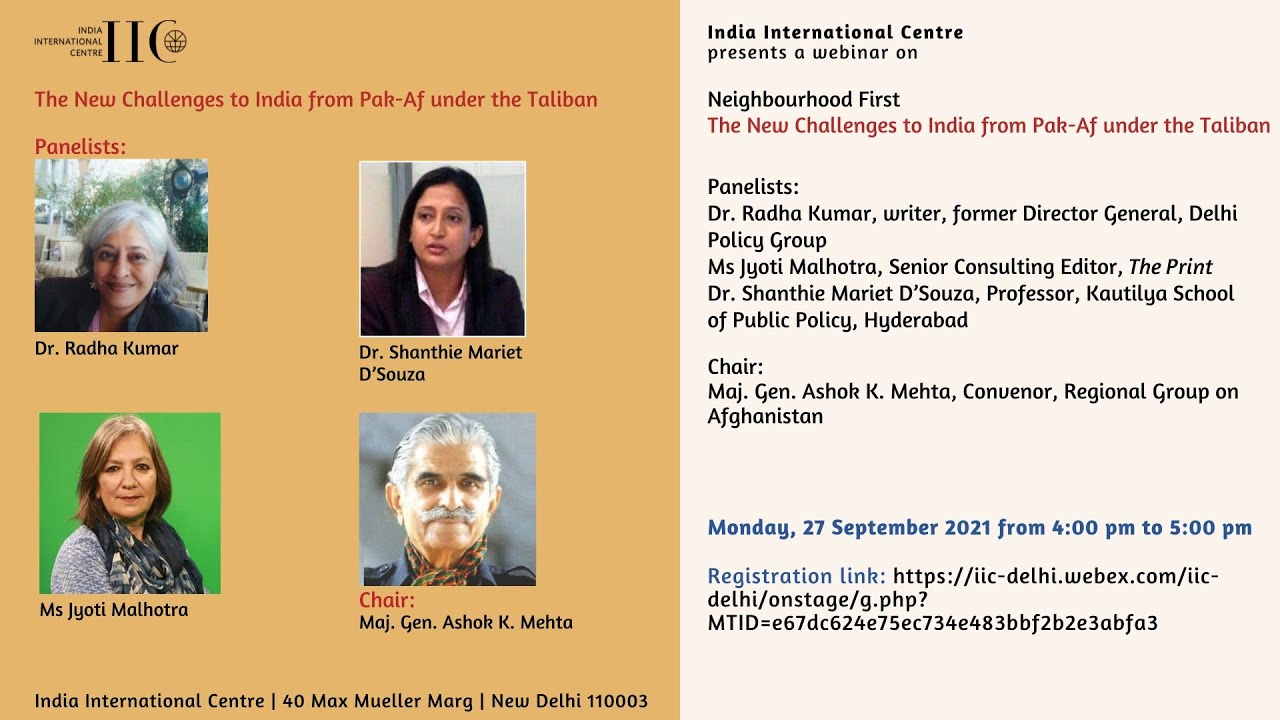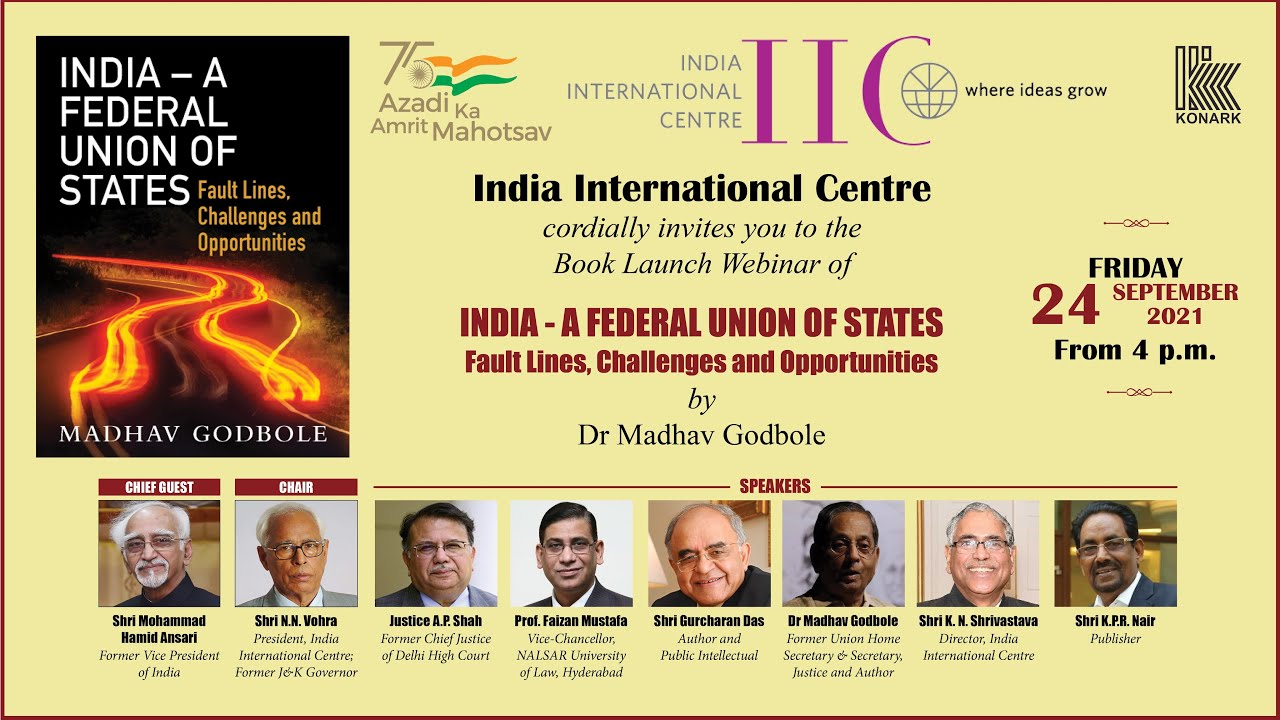Kumpanía: Flamenco Los Angeles
(60 min; 2011; English)
Director: Katina Dunn
Recipient of the Audience Award, Madrid International Film Festival 2021; and Jury Award for Best Documentary, Memphis International Film Festival 2012
The film explores the Romani origins of flamenco in 17th century Spain and juxtaposes it with the flamenco culture in contemporary Spain. The documentary also focuses on a group of flamenco dancers, singers and guitarists based in Los Angeles who are dedicated to preserving the art in its original form. "Kumpanía" is a Romani word meaning "people who travel the same territory"












